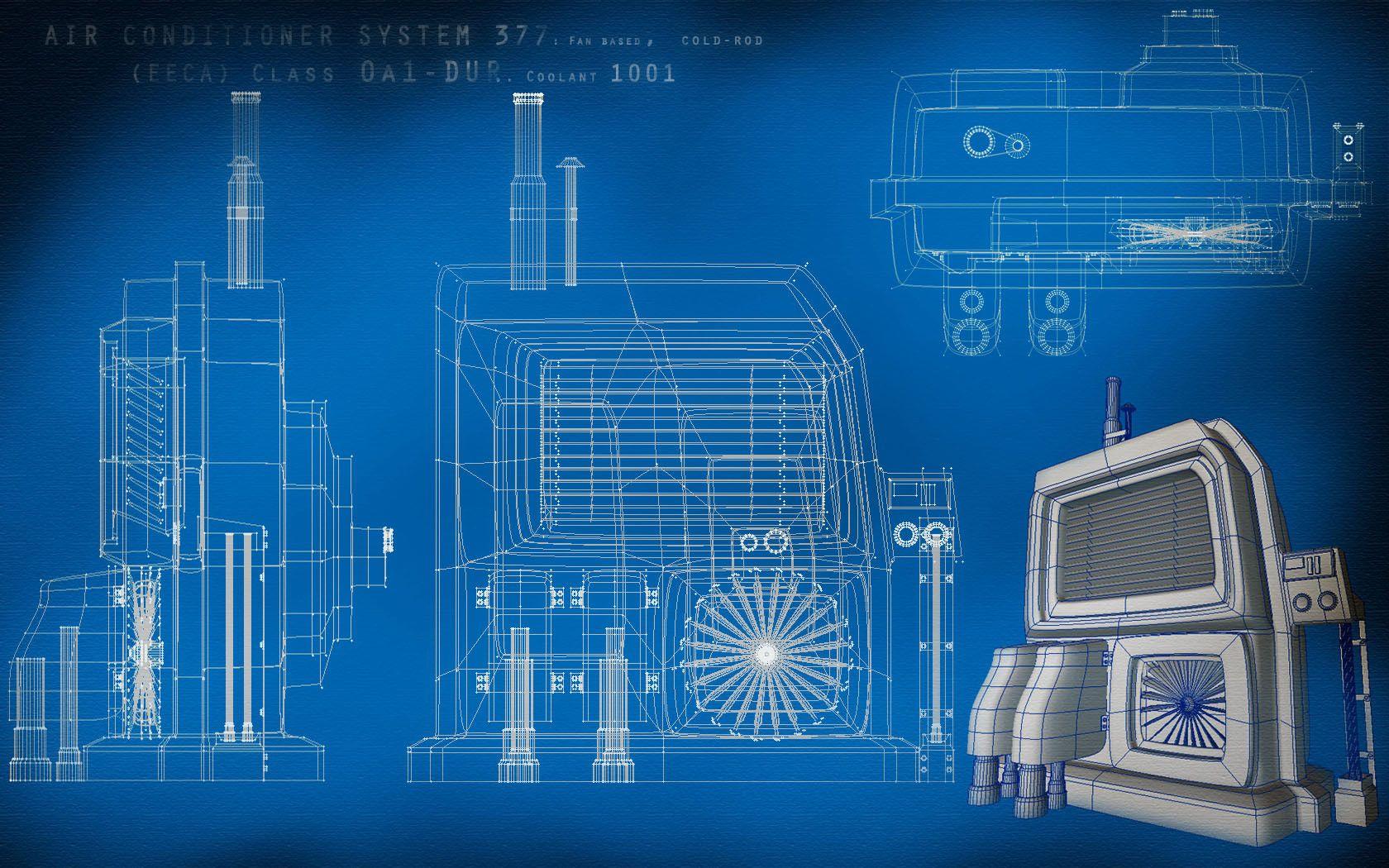Mastering Comfort: The Ultimate Guide to Heating and Air Conditioning
Mastering Comfort: The Ultimate Guide to Heating and Air Conditioning
Blog Article

In today's fast-paced world, maintaining a comfortable indoor environment is more important than ever. Whether it's the biting cold of winter or the sweltering heat of summer, having effective heating and air conditioning systems can significantly enhance our quality of life. A well-functioning HVAC system not only keeps us cozy but also plays a crucial role in our health and overall well-being. In this guide, we will explore the essentials of heating and air conditioning, helping you understand how these systems work and how to choose the right ones for your home.
As we delve into this ultimate guide, we will cover everything from selecting the best heating options, such as furnaces and heat pumps, to understanding air conditioning units and their efficiencies. You'll learn about the importance of regular maintenance, energy efficiency ratings, and how to troubleshoot common issues. Whether you are installing a new system or seeking tips to optimize the one you have, this comprehensive resource will empower you to master comfort in your living space all year round.
Understanding HVAC Systems
HVAC, which stands for heating, ventilation, and air conditioning, encompasses the technology that provides indoor environmental comfort. A well-designed HVAC system helps maintain desired temperatures, humidity levels, and air quality within residential and commercial spaces. Understanding the components and functioning of these systems is essential for effective operation and maintenance.
Heating elements in HVAC systems include furnaces, heat pumps, and boilers. These components are responsible for generating warm air or water to heat a space during colder months. Each type of heating system has its own set of advantages and efficiency ratings, which can significantly impact energy consumption and overall comfort. Proper selection of the heating element based on the specific needs of your space is crucial for optimizing performance.
Air conditioning components, on the other hand, cool and dehumidify indoor air during warmer months. Central air conditioning systems utilize a series of ducts to distribute cooled air, while ductless mini-split systems offer flexibility for individual room control. Understanding the differences between these systems and their installation requirements can help you make informed decisions to ensure year-round comfort in your home or office.
Energy Efficiency Tips
One of the easiest ways to increase energy efficiency is by regularly maintaining your heating and air conditioning systems. This includes changing air filters every one to three months, which helps maintain optimal airflow and improves system performance. Schedule annual professional tune-ups to ensure that all components are functioning efficiently, preventing potential breakdowns and costly repairs down the line.
Another important aspect of energy efficiency is proper insulation and sealing of your home. Check for drafts around windows and doors, and use weather stripping or caulk to seal any leaks. Insulating your attic and walls can also help retain heat in the winter and keep cool air inside during the summer, reducing the load on your heating and air conditioning systems.
ApexHeatAndAC Air Conditioning Maintenance
Lastly, consider upgrading to a programmable thermostat. This allows you to set specific temperatures for different times of the day, so you can save energy when you are not at home. Many modern thermostats also offer smart features, enabling you to control your heating and air conditioning from your smartphone, making it easier to maintain comfort while maximizing energy savings.
Maintenance and Troubleshooting
Regular maintenance is key to ensuring that your heating and air conditioning systems operate efficiently and last for many years. Start by setting a schedule for changing air filters, which should be done at least every three months, or more often if your system is used heavily. Clean filters allow for better airflow, reduce energy consumption, and improve indoor air quality. Additionally, once a year, consider having a professional technician perform a comprehensive inspection of your system to check for any potential issues.
In the event of a malfunction, it is important to troubleshoot basic issues before calling for professional help. Start by checking the thermostat settings to ensure they are correctly programmed. If your system fails to turn on, verify that the power supply is connected and the circuit breaker has not tripped. Listening for unusual noises or noticing inconsistent temperatures can also provide valuable clues. Keeping a record of any irregularities can help technicians diagnose problems more quickly.
When it comes to repairs, it is crucial to address issues promptly to avoid more costly problems in the future. If you spot any persistent issues such as strange sounds, uneven heating or cooling, or a sudden increase in your energy bills, do not hesitate to contact a qualified HVAC technician. They can provide expert advice and solutions to restore your system’s efficiency and reliability. Remember, proactive maintenance and prompt troubleshooting can lead to a more comfortable living environment and longer-lasting equipment.
Report this page